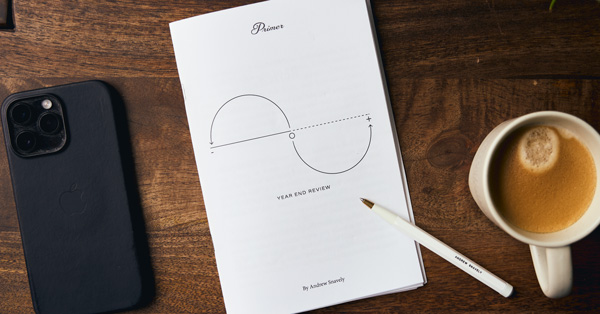Stuck at Home:
11 Ways Smart People Are Using This Crisis to Improve Their Lives
By Andrew Snavely
In this strange, unprecedented time, we have been given a unique opportunity with social distancing: More space and more time.
The Coronavirus pandemic is a crisis unprecedented in recent history. And for the average American, thankfully, disruptions of this magnitude are almost non-existent in modern times.
Even if we were to wake up tomorrow and the CDC reports COVID-19 had mysteriously self-destructed overnight, just reflect for a moment on the jaw-dropping realities we've already seen take place: Prosperous countries around the world on lockdown, US government-mandated closings of many businesses, politicians from both political parties suggesting the government should immediately send checks of thousands of dollars to everyone.
The stock market saw, “…the index’s biggest percentage decline since the “Black Monday” crash of 1987 — and the 2nd worst in its 100-plus year history — as well as its largest point decline on record.”
Imagine having to explain all this to Jared Leto when he reemerged from his off-the-grid meditation retreat.
So everyone's experiencing a lot of unexpected, unprecedented change. And for people like me, who protect homeostasis viciously, it's easy to allow our minds to fall into a dark pit of despair. Change is bad; change swimming in an ocean of uncertainty? Unbearable.
I've been checking in with friends and when asked how I am I joke, “I've been working from home for 9 years so not much has changed yet, except for the ominous feeling that the world is ending. And, I've dealt with crippling depression and anxiety, so I'm used to that feeling too.”
But within that lies the biggest lesson I was taught when I was dealing with my mental health in my late 20s: We get to choose how we deal with our personal crises.
If you need help separating the urgent from the important in your life, you need to utilize the Eisenhower Matrix, an easy prioritization tool.
We get to choose if we're going to commit to ourselves that, not only will we figure this shit out, but we'll make ourselves even better than we were before it happened.
Or, we can choose to kill time and passively await whatever is coming and pretend we have no options. Gaining weight. Losing ground on projects and careers and dreams. Falling farther out of touch with old friends and family.
I invite you to embrace the former. JFK famously said (though incorrectly) “The Chinese use two characters to write the word ‘crisis. ‘ One character stands for danger; the other for opportunity. In a crisis, be aware of the danger–but recognize the opportunity.”
In this strange, unprecedented time, we have been given a unique opportunity with social distancing: More space and more time.
Working from home saves hours of commute. Isolation reduces social expectations and obligations. Closed restaurants force you to not rely on expensive, unhealthy food.
Making great personal advances during a time like this, has actually happened in other notable times in history.
When the English theaters were closed due to a quarantine similar to what we're seeing now in America, Shakespeare famously wrote King Lear, Macbeth, and Antony and Cleopatra.
When the plague was killing 25% of London's population, Sir Issac Newton made some of his most prominent discoveries while self-quarantined for a year and half; including those involving prisms that have influenced all of modern optics as well as his 3 essential laws of motion.
We don't know what's going to happen tomorrow or next month or next year. Everything is changing so rapidly. But what we can decide is how we're going to approach the time in between.
Below are 11 ideas for coming out of this crisis stronger than you were before.
1. Optimize Your Relationship with Food & Water
We've lived in a time unlike any other in human history. Food, once only attainable by kings, will be driven to your home in 35 minutes at the tap of a digital button. And so much of socializing with friends, family, and romantic partners hinges around spending money on food that is too calorically dense.
The result? We know we're eating out too often and we know we're not eating food that's as healthful as we'd like. But making food at home requires too much time or it's too hard. Well, with staying home for 23 hours per day and restaurants and bars closed across the country, now is a great time to get used to some new eating habits that can extend long after social distancing has ended.
Here are a few ideas:
Learn to cook with signature dishes
A great way to train yourself to eat out less? Learning to make restaurant-level dishes to enhance your overall cooking ability. Delicious pastas that go beyond a box and a jar, making steakhouse quality steaks at home, or learning to roast your own chicken. Plenty of resources exist including NYTime Cooking, Youtube series like Gordon Ramsay's Ultimate Cookery Course, or one I've personally enjoyed, the chef courses on Masterclass.
Learn to make healthy food you enjoy eating
Why don't we eat more healthy food? When we make it, it doesn't taste as good as other options. But just logically we know it's possible to make delicious healthy food. We just haven't had the time to prioritize it. Start with just one and go from there. I've even googled it for you.
Since avoiding crowds in grocery stores is part of what we're supposed to be doing, now would also be a smart time to try out meal delivery services like Blue Apron, which delivers you all of the ingredients with a recipe card so you have everything you need.
Prototype meal prepping
This extra time is also a great opportunity to begin experimenting with weekly meal prepping, a system that allows you to avoid the “every meal is an emergency so I need to hit the drive thru” problem.
2. Commit to No-Excuses Exercise
Getting into a routine that includes exercise is one of the hardest things to do in modern life. It's just so easy to… you know… do absolutely anything else.
So even if up until a week ago you were humming on the Get Jacked Express, the brakes got slammed pretty hard. Gyms and classes closed everywhere.
Or, perhaps you haven't had the relationship with exercise that you've wanted for years.
Either way, it will be easy to wake up from this situation and be 15 pounds heavier. Being at home all day and not exercising has a tendency to do that to the human body.
The good news is: Even if we kept our work schedule exactly the same we no longer have to commute to work. That's a brand new, free 15+ minutes you now have to exercise that you didn't before.
So yeah, we don't have access to the weights and machines we like. And we need to focus on all the craziness right now. We also need to take care of ourselves.
There's a ton of bodyweight workouts you can do at home. If you're an iron-lifting gym rat, check out Athlean-x's advanced home workout plan just released on their 9.5 million subscriber Youtube channel. Or for something simpler, commit to 50-50-50: 50 pushups, 50 air squats, and 50 crunches each day.
Currently, officials are still suggesting people go outside for a run or hike, which could be a great way to break up the day.
3. Use Social Distancing to Reset Your Relationship with Alcohol and Marijuana
Depending on your disposition as an introvert or extrovert, social distancing may be a blessing or a curse. But one of the unfortunate side effects of modern culture is how socializing is rooted predominantly around drinking. And don't get me wrong – I love drinking, we talk a lot about the best whiskies and cocktails here on Primer – but because of the way hanging out hinges on consuming booze, it's super easy to get in a routine where we're drinking a lot more than is ideal.
As we discussed in our awesome post: Gentlemanly Advice: Just Because You’re Not an Alcoholic Doesn’t Mean You Don’t Have a Problem with Alcohol; you don't have to be a clinical alcoholic to have noticeable effects from how frequently you drink such as being tired, missing gym sessions, overeating while drinking, overspending on $15 Old Fashioneds, the list goes on.
One of the biggest fears for young people of cutting back, however, is the perception that it will have a negative impact on your social life. Well, great news. We've been officially mandated to not have an in-person social life anymore which means we've been given free-reign to trim our drinking.
It could be to see if you notice any positive improvements after a couple weeks. It could be similar to what some of my friends do at the start of each year with Dry January: An opportunity to reset the parameters of your relationship with your drinking habits.
4. Improve Your Style by Cleaning Out Your Closet
The reason is simple: When your wardrobe is stuffed full of clothing of varying styles and ages it's nearly impossible for your mind to identify individual pieces that may go well with others in a sea of fabric. And the reality is you're not wearing and will never wear most of the things that are in there anyway. So why keep them? How much easier would it be to get dressed and to feel confident when the only thing in your closet are pieces that you love to wear?
Being stuck at home makes spring cleaning easier than ever. What a great chance to start fresh.
5. Re-engage with a Musical Instrument
Improving your skills on a musical instrument has been proven to have a ton of benefits, from making your brain work better to stress relief.
Pick up that guitar, harmonica, violin, or theremin that got closeted in exchange for other priorities in your life. A couple suggested goals to try:
- Learn one new song on an old instrument
- Sign up for guitar classes on sites like Justin Guitar or Fender Play (offering 3 months free right now)
- Get the band back together and start writing a new song with your old college pals with collaborative multi-track recording music app AudioBridge.
6. Start Meditating
Meditation has had a noticeable influence on my life. It helps calm the waters during stressful times in life. It helps me catch my emotions as I experience them, instead of after I've exploded. It helps me feel like a ghost in a meat suit on a giant rock speeding around a sun instead of a robot of society on a choice-less path to a place I don't want to go. Its effects are real, just look to the massively successful people who incorporate it in their lives, or the scientific benefits according to the National Institute of Health, or the millions of others who have been doing it for thousands of years.
So, what, exactly, is meditation? It's not sitting down and clearing your mind of all thoughts. Because you will fail at that every time. Meditation is not clearing your mind – it is the attempt at clearing your mind. Meditation is parenting your mind to let it know it can slow down, just for a moment.
Sometimes it feels like all you did was sit there and think the whole time. Sometimes it's more rejuvenating than a nap. That's why they call it a practice. It's a lot like exercise: If you've ever had a period in your life where you're chugging along exercising a lot and then stop because life got crazy, you can notice how different your mind and body feels. Meditation is the same: You may not be able to sense the positive effects its having the first few individual times that you do it, but once it becomes a habit, it easily becomes your first go-to on a stressful day.
There are many types of meditation, from mindfulness to repeating a mantra to even eating meditation. Inherently you need no tools, books, or services to meditate.
When beginning, a great way to get started is with guided meditation. One of the most popular options is Headspace, a beautifully designed app with a full library of guided meditations based on what you're going through or what you want to work on. There's a free trial to see if it's a fit for you and because of the pandemic they're offering a free collection called Weathering the Storm which includes meditations, sleep, and movement exercises to help keep you grounded during this tumultuous time.
That's why meditation is one of our 15 Life Skills Everyone Should Actually Know.
7. Lay the Groundwork for a New Business, Side Gig, or Creative Project
Many people reading this may be living in a precarious time, career and income-wise. There's a lot of fear and uncertainty surrounding the economy and it's easy to feel a sense of dismay about the possibilities.
But GE, Disney, HP, Microsoft (and Primer, 12 years ago) were all started during dramatic declines in the economy. I started Primer during the worst recession the country had seen in decades, and when the job market was at its worst, I was laid off from my day job. I've been building Primer full time ever since. Perhaps I wouldn't have had that opportunity if the economy didn't tanked like it did.
Start researching those nagging business questions you have. Register your domain and set up a simple website for your freelancing work like you've been thinking about. Flesh out the structure for your new sci-fi series. Commit to writing your book for 30 minutes everyday.
Take on one project with your extra time. Whatever it is, use this unique opportunity to invest in your life.
“I don’t journal to ‘be productive.’ I don’t do it to find great ideas or to put down prose I can later publish. The pages aren’t intended for anyone but me. It’s the most cost-effective therapy I’ve ever found.”
–Tim Ferriss
8. Journaling
Journaling can take many forms. It can be habit-tracking such as when you exercised or worked on a goal or tracking your daily mood. It can be a recount of your day, either prose or bullet points. It can be brainstorming. It can be reflection. It can be responses to philosophical questions.
For me, it's all of those things. I've been journaling for about 5 years and it's been life-changing. At the end of the year, I re-read my journal during my annual reflection trip to get a 35,000 foot view of where my life is and plan where I want to go in the new year.
Start small, you can do it in the morning or in the evening. Get going with Primer's guide, How to Get Into Journaling: The One Thing That Can Change Everything.
9. Reconnect with Friends and Family
Losing touch with people you used to be super close with at other times in your life is a bummer. High school and college best friends. Cousins, uncles, friends from old jobs. If you were spending a total of 6 hours per week socializing in person with your current friends before, you could make 12 thirty minute phone calls to say hello to some people you haven't spoken to in awhile. And since everyone is at home, it'll be easier to connect.
Alternatively, you could call your older family relatives and finally record or write down the stories from your family history so that you have them to preserve.
If your elder is technically literate enough, you could use a video conferencing platform like Zoom, which allows you to record the calls as mp4s.
10. Rediscover Reading
One of the first things to go when we get busy is recreational reading. And if you're like me, you may have burned out on books after school. I'm not proud to say it took me 5-6 years after graduating college before I picked up a book for fun, but I've really enjoyed the quiet, personal experience it offers.
If the idea of reading a book for fun doesn't strike you, start with audiobooks. My subscription to Audible is what jumpstarted things for me. Especially for when you're home all this time, audiobooks are a great way to “read” while doing laundry, cleaning, or walking the dog.
Alternatively, if you have any books still on the shelf that you enjoyed ages ago, reading them as an adult can be fun experiencing how you connect with the material differently now.
11. Take Quick Online Classes About a Hobby or Subject That Will Improve Your Life Using Platforms like Skillshare and Masterclass
These courses are generally less than 3 hours and broken up into short segments so you can start and stop in approachable chunks. Everything from lifestyle photography or taking better photos with your phone, to building the life you want with modern money habits, to entrepreneurship, to business analytics. The first course I did on Skillshare a few months ago was Thomas Franks's Productivity Masterclass on building systems into my work to make things easier. I found it and the tools he recommends so useful, I did his follow-up course too.



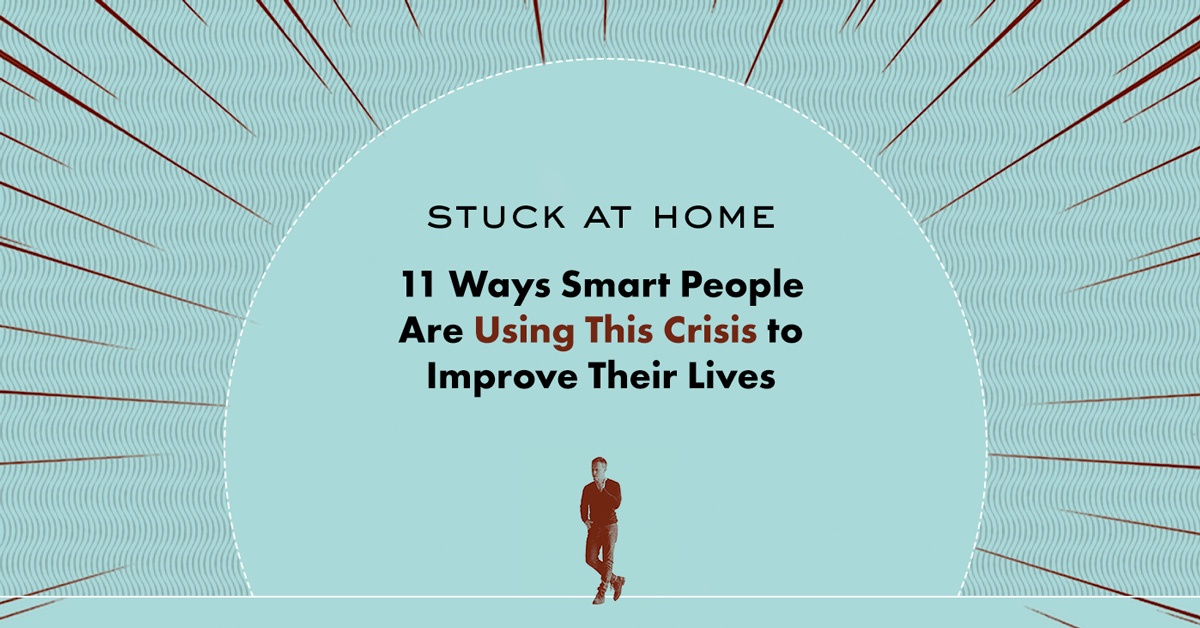
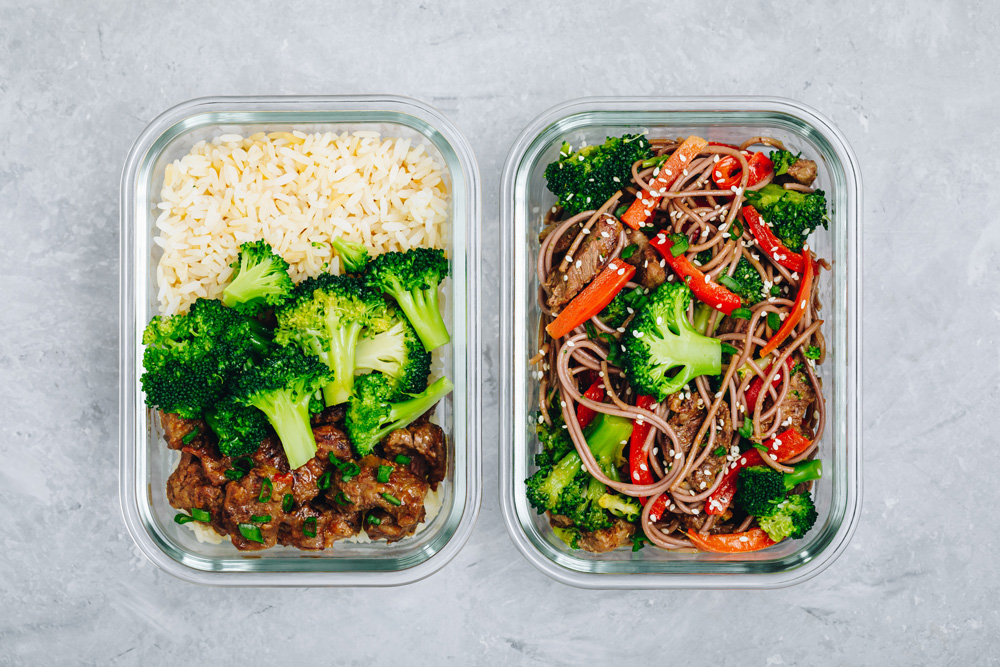
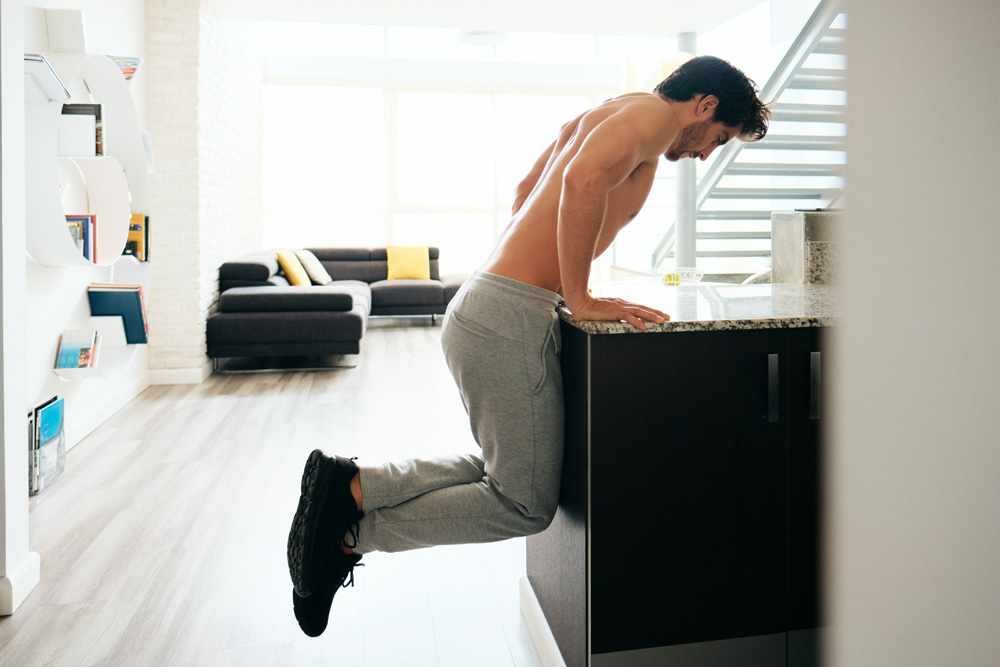
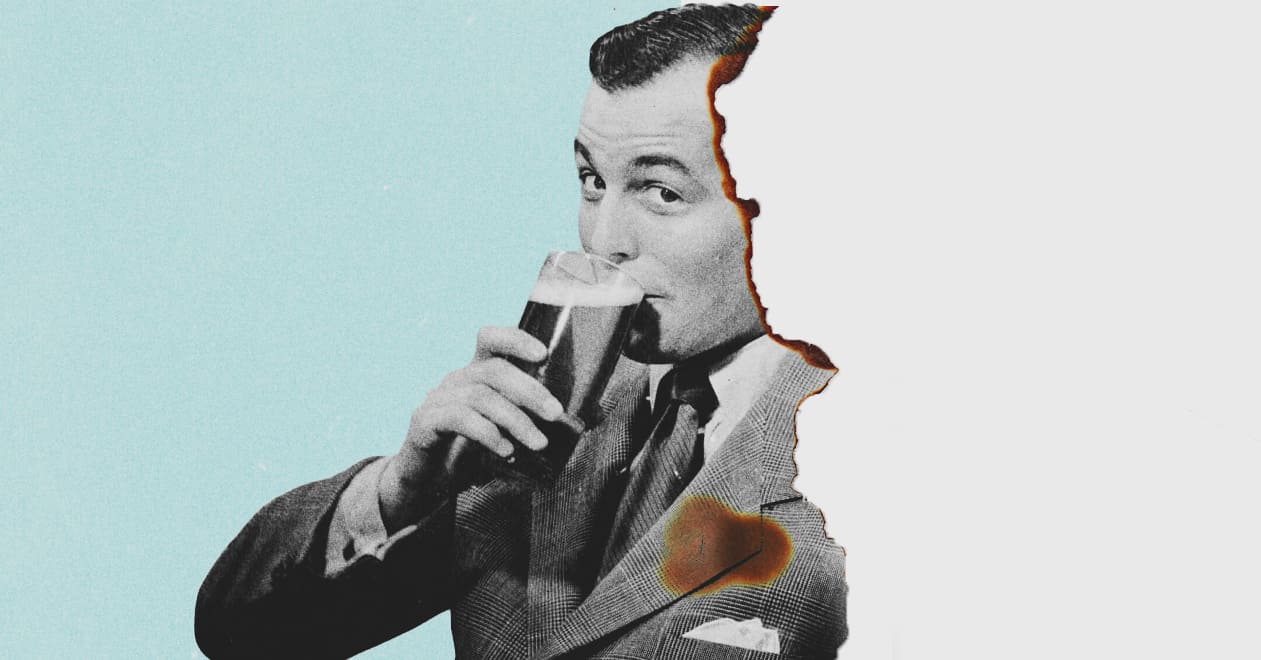
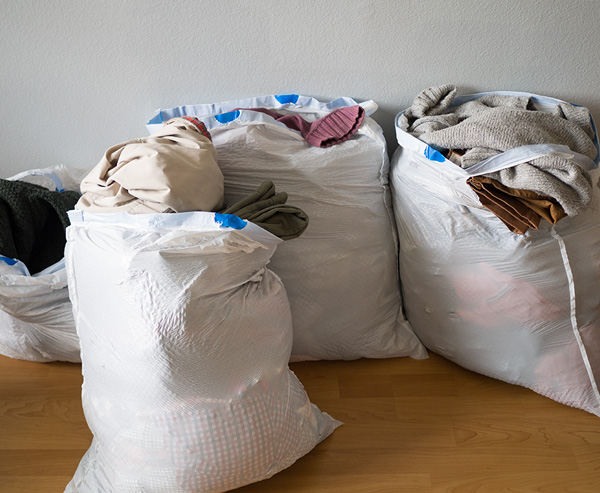

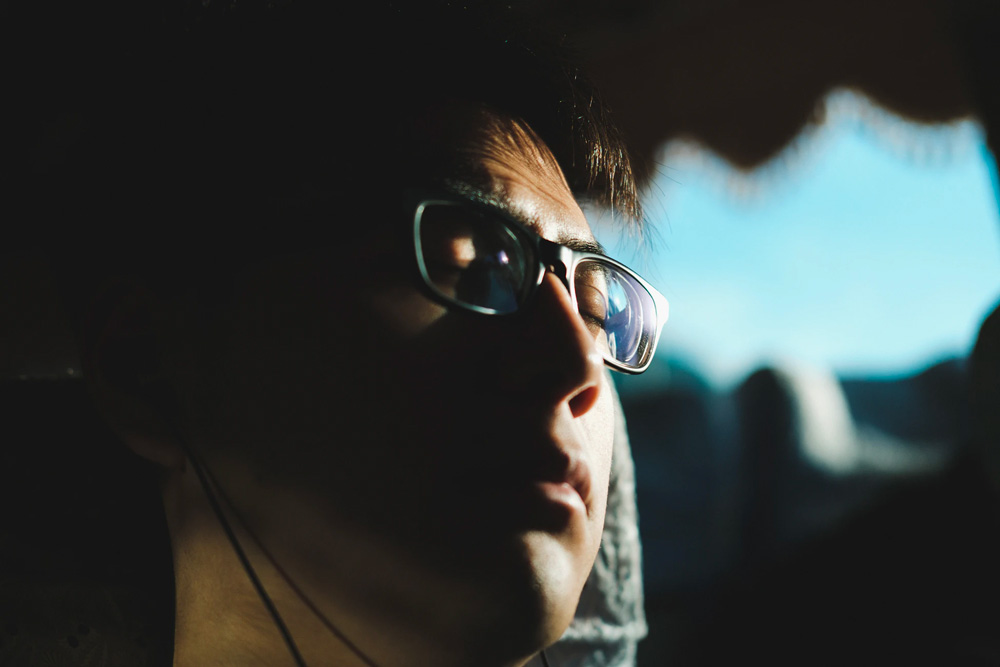


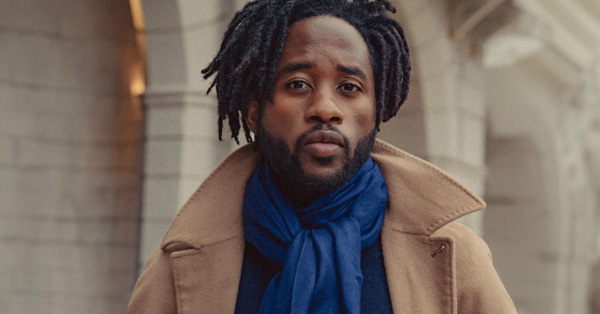


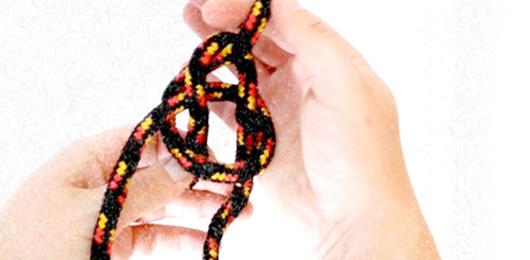





![It’s Time to Begin Again: 3 Uncomfortable Frameworks That Will Make Your New Year More Meaningful [Audio Essay + Article]](https://www.primermagazine.com/wp-content/uploads/2025/01/begin_again_feature.jpg)

